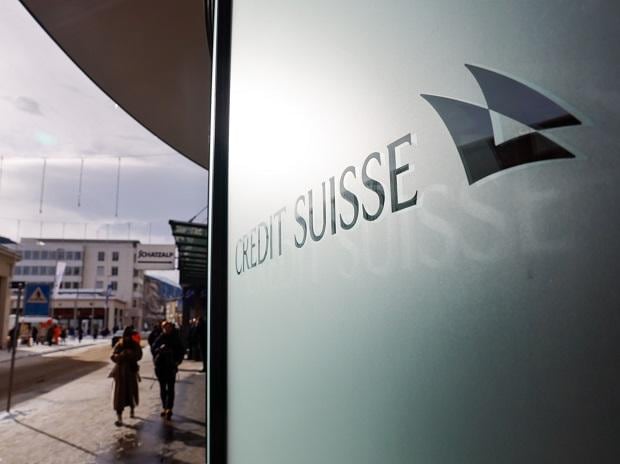[ad_1]
The Swiss government-brokered takeover of Credit Suisse Bank by UBS Bank has kept global markets on their toes. Governments and regulators are making frantic efforts to avoid contagion. Banks are issuing statements to reassure their customers about their financial health. And investors are rushing to find safer instruments to invest in.
The investors’ fear was accentuated after the UBS-Credit Suisse deal wiped out $17 billion worth of additional tier one (AT1) bonds of Credit Suisse. The owners of these have been left in the cold as they would now not receive even a single penny in the payout.
“The extraordinary government support will trigger a complete write-down of the nominal value of all AT1 shares of Credit Suisse in the amount of around 16 billion Swiss francs,” the Swiss Financial Market Supervisory Authority said in a statement Sunday.
This has spooked investors as they now assess if this can also happen to their AT1 holdings in other banks.
AT1 bonds are a type of unsecured, perpetual bonds that banks issue to improve their core capital base. The money raised through these bonds is kept aside as a shock absorber by the bank. When in trouble, banks can convert AT1 bonds to equity or be written down.
These bonds were created in the wake of the 2008 financial crisis to absorb the losses. Using money raised through these bonds reduces the chances of a taxpayer payout. AT1 bonds are also called contingent convertible bonds or CoCos.
These bonds are also mandatory under Basel=III norms. The banks must maintain capital at a minimum ratio of 11.5 per cent of their risk-weighted loans. Of this, 9.5 per cent needs to be in Tier-1 capital. AT1 bonds fall under this type of capital.
These bonds are long-term and do not carry any maturity date. Because of a higher risk, they offer a higher yield.
AT1 bonds: What happened in the case of Credit Suisse?
Generally, when a bank fails, the bondholders rank higher in the pecking order than the shareholders. But in the case of Credit Suisse, the shareholders will receive some compensation while the bondholders will not.
The question of hierarchy has spread panic across bond investors with other banks.
Why are shareholders being preferred over bondholders?
According to a report by CNN, the main reason shareholders will get compensation and bondholders will not is that Credit Suisse did not follow a “traditional bankruptcy”. It did not go through the bankruptcy process and was taken over by other banks. So, the rules of a typical bankruptcy do not apply here.
The banking regulators in the European Union (EU) and the Bank of England earlier this week reassured AT1 investors and said that in case of future bank crises, they would be given priority over shareholders.
“Common equity instruments (stocks) are the first ones to absorb losses, and only after their full use would additional tier one be required to be written down…This approach has been consistently applied in past cases,” the EU regulators said in a statement.
Has this happened in any Indian bank as well?
In 2020, India’s private lender YES Bank wrote off AT1 bonds worth Rs 8,415 crore as a part of its bailout. The investors took the matter to the courts, and in January this year, the Bombay High Court quashed the bank’s decision to write off the bonds.
However, there was no issue with the hierarchy in that case.
What can be expected next?
According to CNN, the investors might contest the bank’s decision. A litigation firm, Quinn Emanuel Urquhart and Sullivan, has reportedly assembled a team of lawyers who were discussing legal options with Credit Suisse’s AT1 bondholders.
Moreover, investors and fund managers might even move away from investing in AT1 bonds in the coming days. According to a report by The Guardian, investors fear that a precedent could be set in this case.
This will also hike the cost of AT1 bonds in future. The investors would ask for more premiums on these securities.
[ad_2]
Source link



